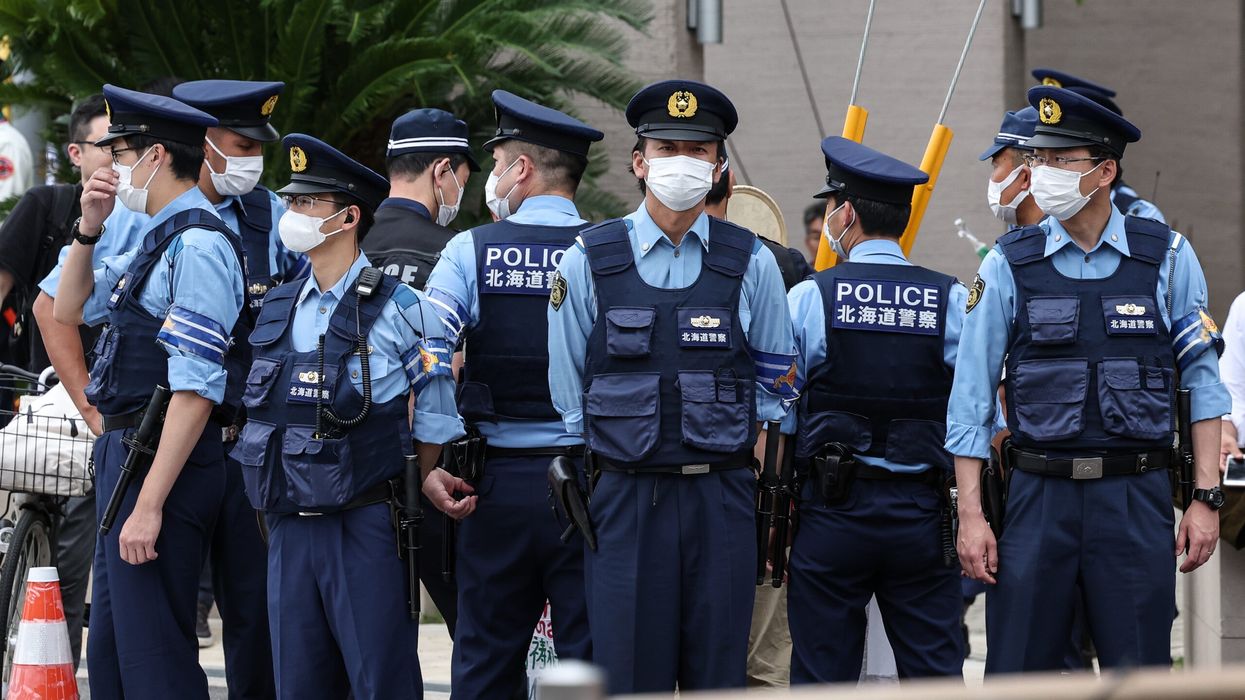THREE foreign-born residents of Japan have filed a lawsuit against the government over alleged racial profiling by police, a case that would be the first of its kind, their lawyers said Monday (30).
The three men – one born in Pakistan, an African American, and a Pacific Islander – have been repeatedly questioned by police because of their ethnicity or appearance, their lawyers said in a statement.
“It is the first lawsuit over the operation of racial profiling by police in questioning,” even though suits over the police’s excessive questioning have been filed in court in the past, according to Moe Miyashita, one of the victims’ lawyers.
Despite rising immigration, foreign-born residents of Japan account for only 2.3 per cent of the country’s population, one of the lowest shares in the OECD.
The man born in Pakistan, who identifies himself only as Zain and is in his 20s, came to Japan at the age of eight and obtained Japanese citizenship with his family at the age of 13.
“In total, he has been questioned about 15 times by the police in Japan,” the lawyers said.
In April and September 2023, he was questioned by a police officer in front of his house, according to his lawyers.
He told the officer that he was a Japanese citizen, but the officer was not convinced.
“The officer asked him to show his residence card and passport, and then searched his belongings,” the lawyers said in the statement.
The two other plaintiffs are Maurice, an African American in his 40s who lives with family members who are Japanese citizens, while the third is a Pacific Islander in his 50s who identifies himself as Matthew.
Matthew lived in several countries before marrying his Japanese spouse in 2002 and moving to Japan, where he became a permanent resident.
“In total, he has been questioned about 100 times by the police in Japan and has experienced being questioned twice a day, about four times,” the statement said.
In October 2021, a police patrol car that passed him while he was driving made a U-turn and ordered him to stop his car, it said. After he stopped, the officer asked for his driver’s licence.
“When Matthew’s wife asked if he had committed any traffic violations, the officer replied, ‘No, it’s rare to see a foreigner driving in this area,’” it said.
“We claim that the practice of racially discriminatory police questioning, both at institutional and individual levels, is unconstitutional and illegal,” the lawyers said.
“The time has come to rethink the way police questioning is handled.” Zain said. Japan’s National Police Agency was not available for comment. (AFP)




